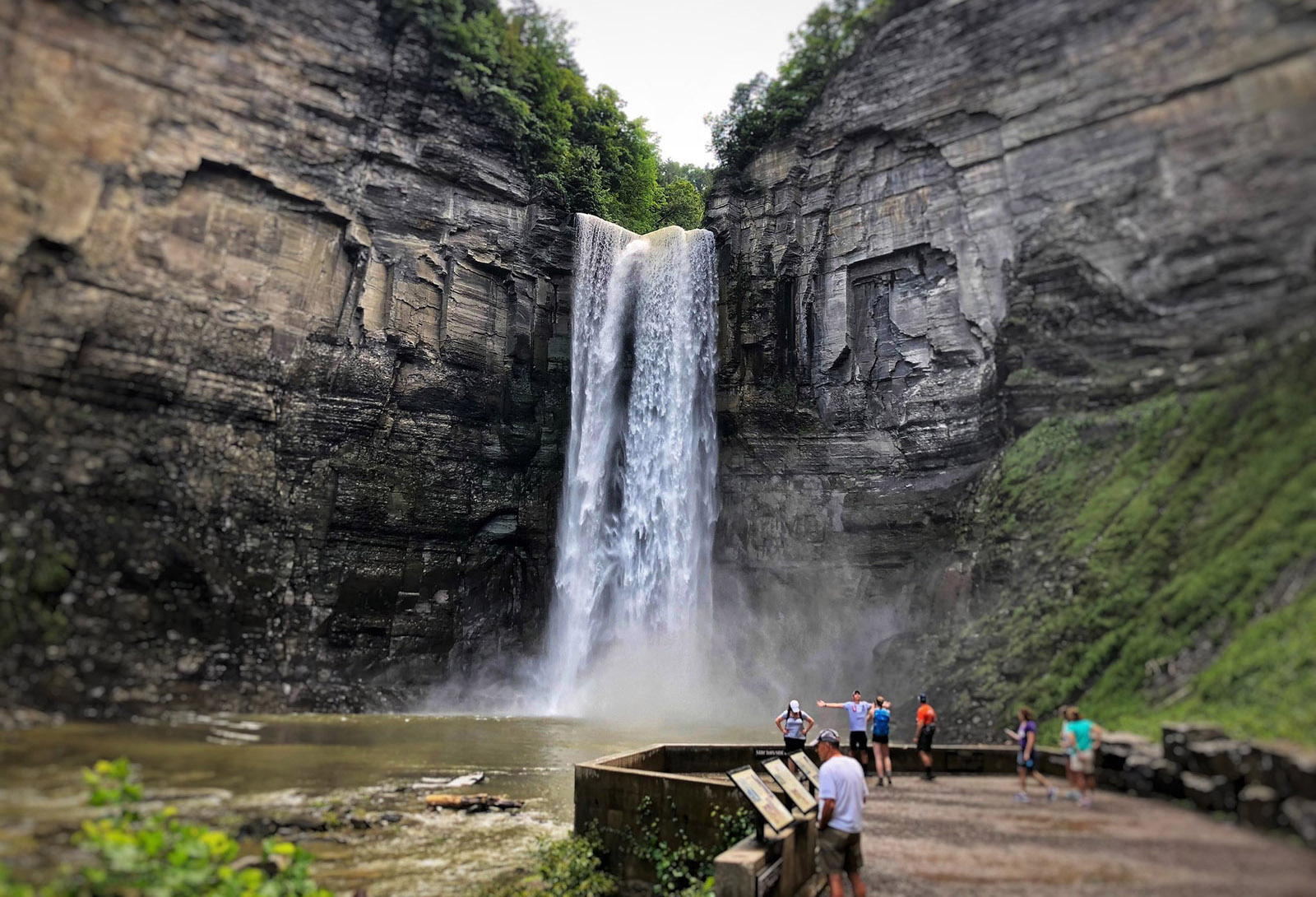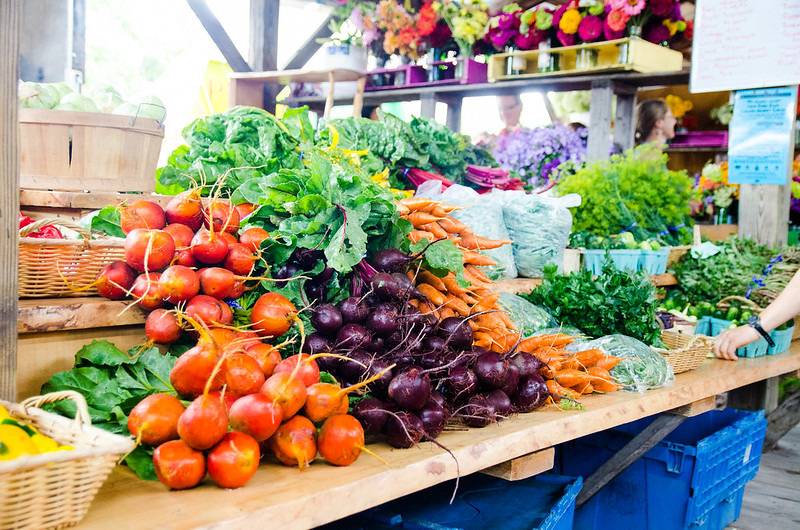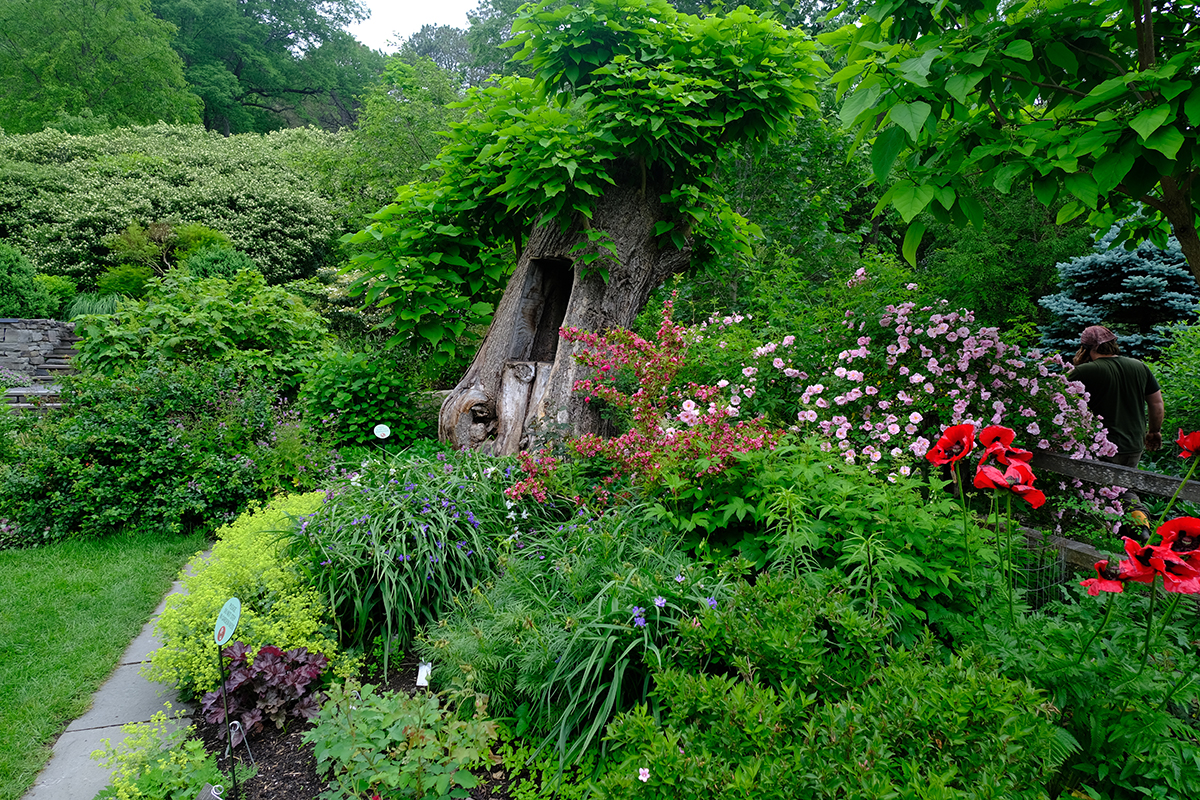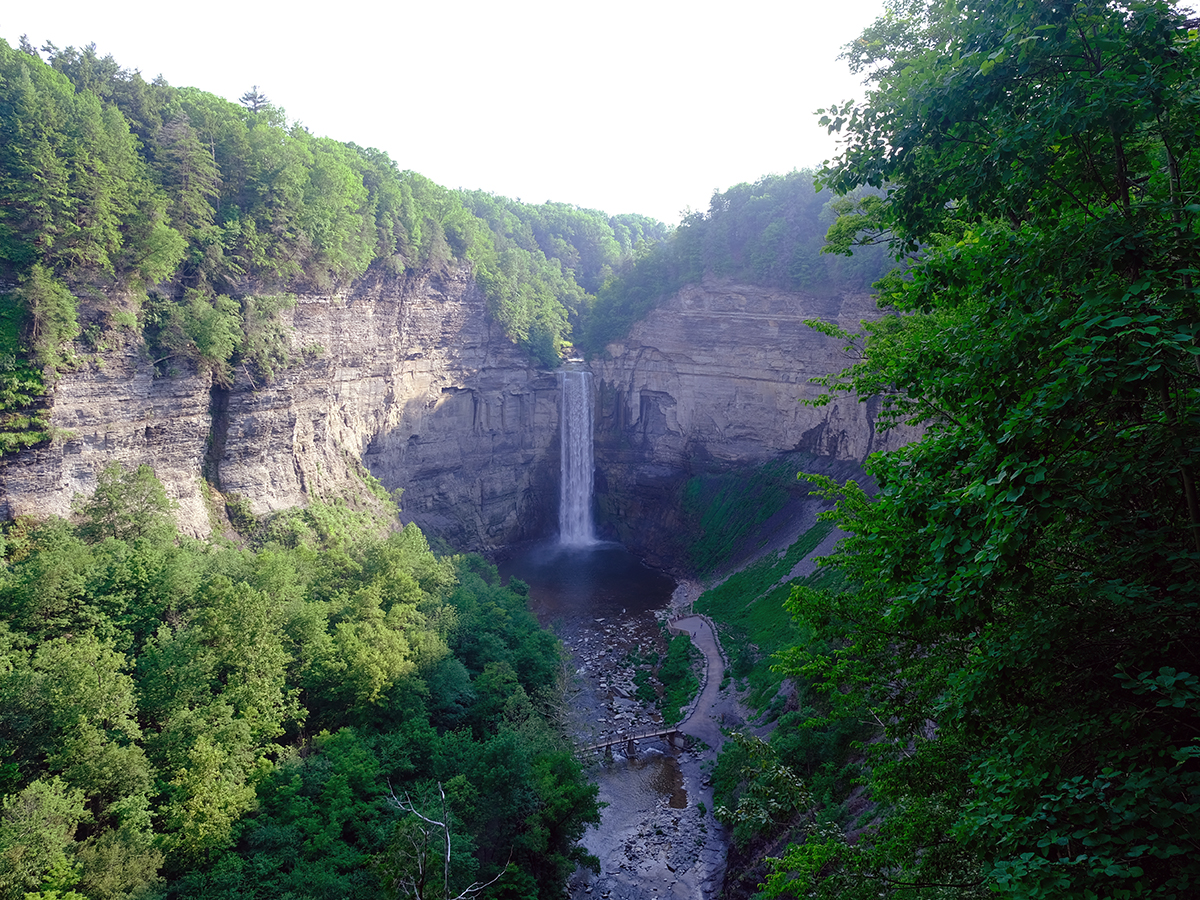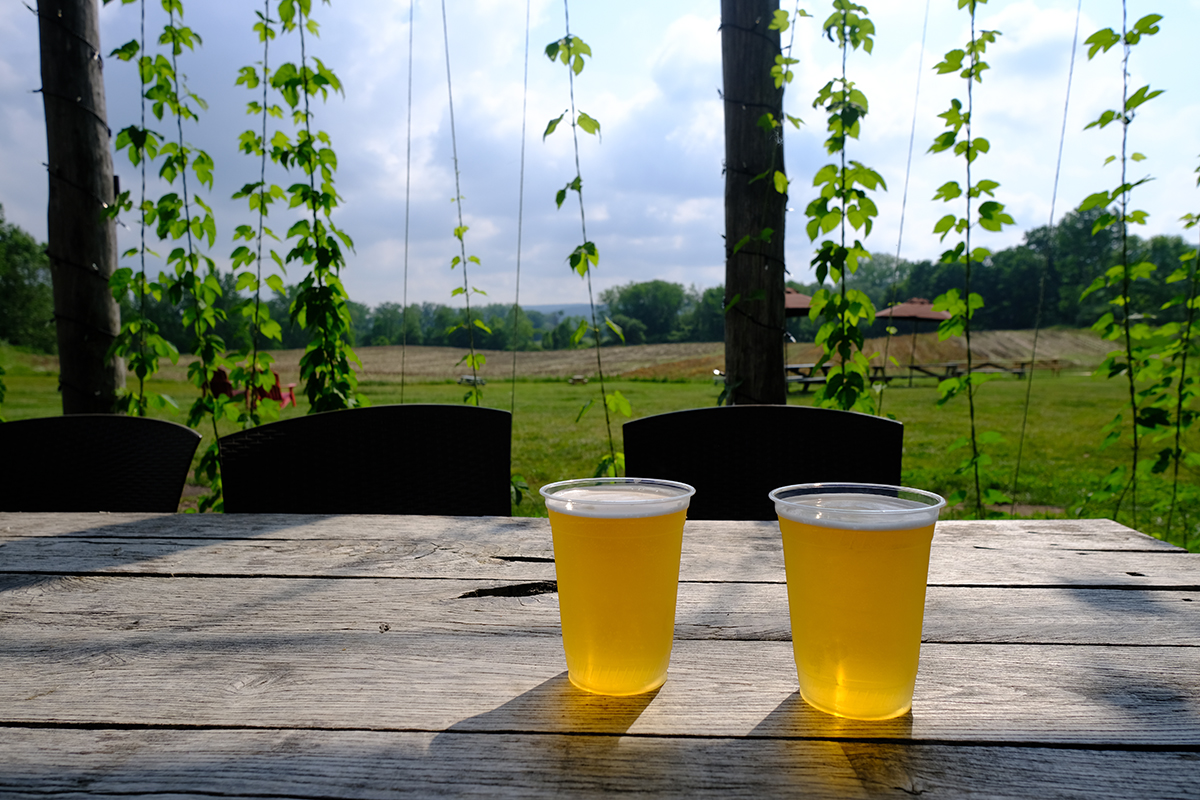The company’s 50 and five barrel pilot brewhouses produce about 20,000 barrels of beer per year. In addition to its beloved IPA, the company offers a variety of options, including year-round and seasonal favorites such as Apricot Wheat Ale. The popular spot flexes with its stunning views of rolling farm fields and friendly staff. And whether you enjoy your adult beverage inside or outside, the beer company’s killer playlist (bands such as The Talking Heads, Arcade Fire, Beach House, and Phoenix) joins you.
After enjoying a beer and the scenery head inside to Ithaca Beer Co.’s in-house brewery restaurant, The Taproom. The menu ranges from light appetizers to pizzas, burgers, and sandwiches (ranging from $6 - $17). And for those who possess a sweet tooth, consider the cookies and cream cheesecake for dessert ($6). The food served in The Taproom seeks to be “as local as possible,” and the staff leverages the on-site farm for 60% of the ingredients for the restaurant’s fare, including vegetables, eggs, and livestock.
But if you have a wine enthusiast in your crew, you might want to visit Ports of New York Winery. Owner and winemaker Frédéric Bouché comes from a long line of French urban winemakers, and he continues his family tradition alongside wife Joanna Luks, a language professor at Cornell University, on the inlet of the south shore of Cayuga Lake. The wine is fermented by vinifera and hybrid grapes, which are grown locally in the Finger Lakes AVA (American Viticultural Area).
Decorated with reused metal and wood panels, this small winery includes a museum and tasting room. Visitors can sample five available products —Quotidian White ($21), Quotidian Red ($24), Tompkins Sparkling ($32), 2006 Meleau White ($52), and 2006 Meleau Red ($52) — and tour the facility as Bouché details his vinification process for guests. And for the more hands-on-learning visitors, Bouché offers opportunities to taste wine directly from the barrel or help stir grape skins and juice.
Dancing Waterfalls in Your Head
After a long day of adventures and a few farm-to-glass beverages, you’ll need a place to lay your head and dream of farmers-market treats and flowing-water feats. The Argos Inn - Ithaca’s Boutique Hotel offers a cozy, central option with 13 different room options, ranging from $204 to $296 a night.
“We stayed three nights in the upstairs Glass Porch room and really loved it,” wrote Scott Collier in a recent Google review. “Walls of bright sunny windows which were great for us. The bar was a fun surprise with well chosen snacks available — excellent cocktails and friendly service. The location of the hotel is perfect just a couple blocks walk from the small downtown so we had chances to sample the local fare.”
Or, investigate Airbnb options such as this eclectic downtown apartment ($113 per night).
One final, critical point to consider: If you arrive on a Saturday, you can wedge in one more trip to the market on your way out of town.

